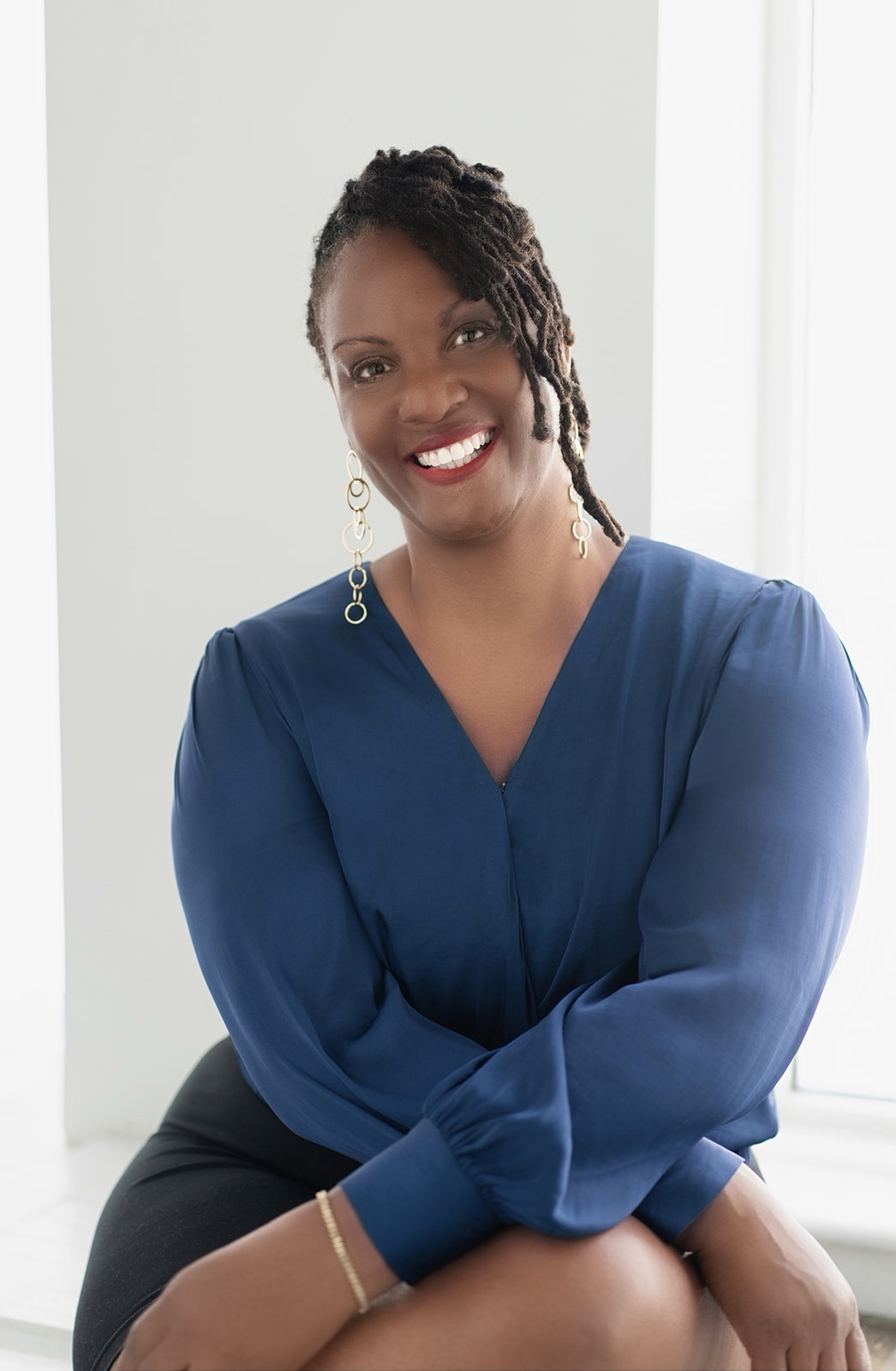We recently connected with Carrie Young-mcwilliams and have shared our conversation below.
Carrie, thanks for taking the time to share your stories with us today We’d love to have you retell us the story behind how you came up with the idea for your business, I think our audience would really enjoy hearing the backstory.
As a child, my path was shaped by the unwavering belief of my grandparents and my father that education was the key to success. They worked tirelessly—taking humble jobs as domestics and kitchen staff—not because they lacked ambition, but because they believed their sacrifices would grant me the freedom to choose my own future. They told me, time and time again, that school was the way out, the way up, the way forward.
And so, I did what I was taught: I pursued education with relentless determination. I became a teacher, eager to pay forward the opportunities I had been given. But it wasn’t long before I found myself facing a troubling realization.
Twenty years after I sat in a classroom as a student, I saw a new generation of parents—many of whom had walked the same halls I once did—now sitting in parent-teacher conferences, telling their children the same thing my family told me: *School is the key.* But why, after all this time, were they still fighting the same fight? Why had the system not propelled them forward, as it had promised?
The answer became painfully clear: the system wasn’t broken. It was designed this way. It was built to sustain inequities that allowed some to rise while ensuring others remained trapped in a cycle of struggle. It wasn’t just about effort or potential—it was about access, resources, and a silent set of rules that determined who got ahead and who was left behind.
I couldn’t ignore what I was seeing. I began working with parents, helping them navigate an educational system they didn’t see and couldn’t fully understand. I knew policy. I understood law. And I knew that if I could teach them *how* to work within the system, they could demand the opportunities their children deserved.
As I moved from the classroom to the district office, I found myself doing more than educating—I was dismantling barriers. I was using the very system that sought to contain students and families to instead empower them. But that kind of disruption was not welcome. Each move—five different positions, three different states—taught me the same lesson: those who benefit from the status quo will fight to protect it.
It was then that I knew—this was bigger than a classroom, bigger than a district. This was my calling. The mission had found me.
What makes me different is simple: I am not an attorney seeking damages. I am an advocate seeking *understanding and justice*. My work is not about fighting lawsuits; it’s about fighting for *change*. It’s about making sure parents know their rights, that students receive what they need, and that the cycle of educational inequity is finally broken.
My story is not just about education. It’s about a promise—one made to me by my family, one made to millions of families every day. A promise that education is the key to a better future. And I refuse to let that promise be a lie.
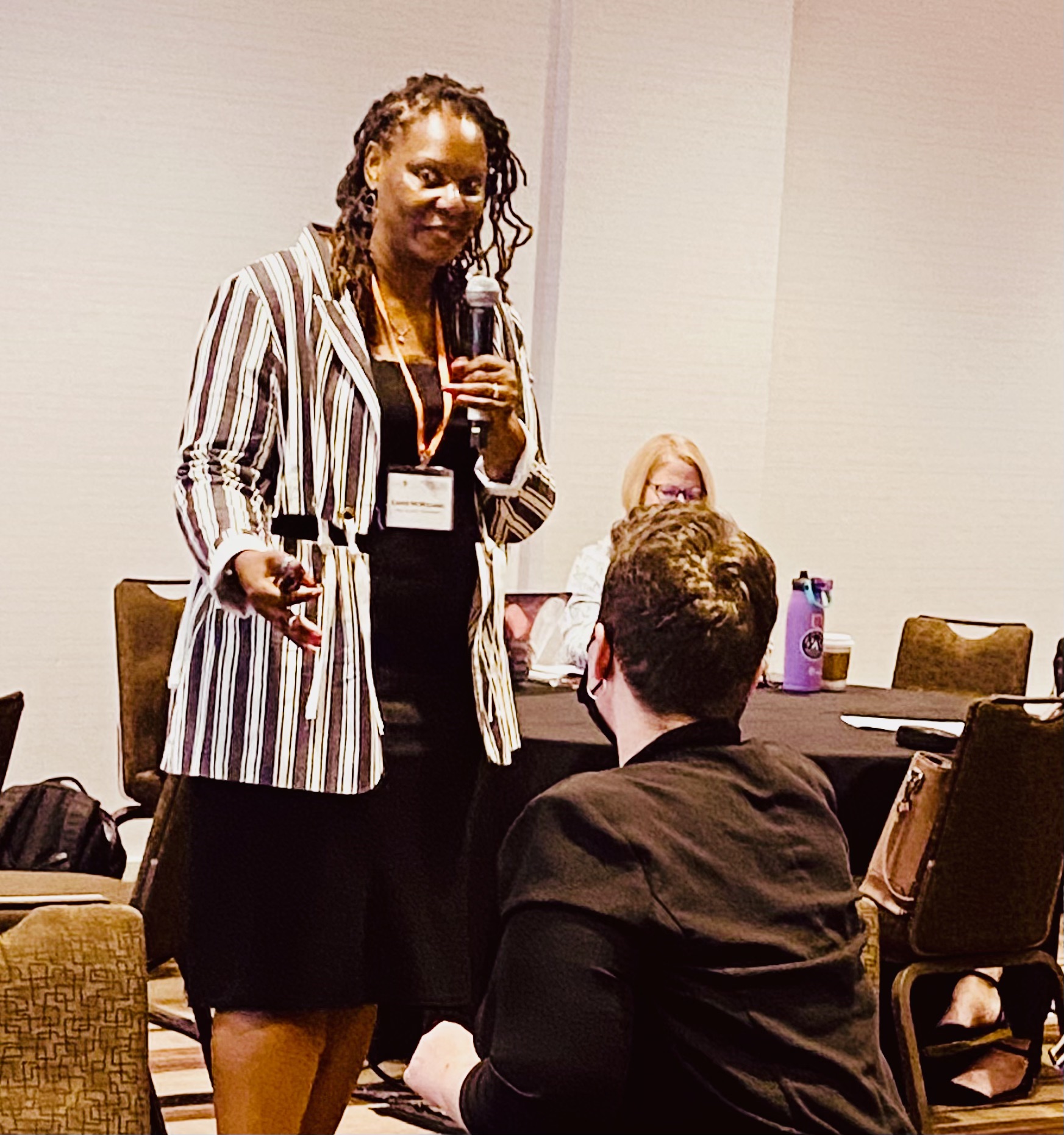

Great, appreciate you sharing that with us. Before we ask you to share more of your insights, can you take a moment to introduce yourself and how you got to where you are today to our readers.
My journey into education began unexpectedly while I was preparing for the LSAT and planning to attend law school at the University of Connecticut. A sorority sister invited me to volunteer in a classroom, and when she went on extended sick leave, I stepped in as a substitute. During that time, the Dean of Principals noticed my connection with students and families and asked if I had ever considered teaching. With his encouragement and the support of a colleague, I secured a spot in a university partnership program, earned my master’s degree, and was soon hired by the district where I dedicated most of my career.
Beyond the classroom, my work has always extended into advocacy. I listen to families’ stories, going above and beyond to connect them with vital community resources. I have attended court hearings on behalf of students, urging the system to show mercy while advocating for education and mental health support over punitive measures.
What I am most proud of is my students—many of whom are now thriving adults with families of their own. What sets me apart is my deep-rooted empathy and unwavering commitment to those I serve. I genuinely care—about students who want to feel safe and heard, parents striving to create better futures for their children, and educators who are exhausted by systemic injustices yet still dedicated to making a difference.
My work is not just about education; it’s about empowerment, advocacy, and ensuring that every child has the support they need to succeed.
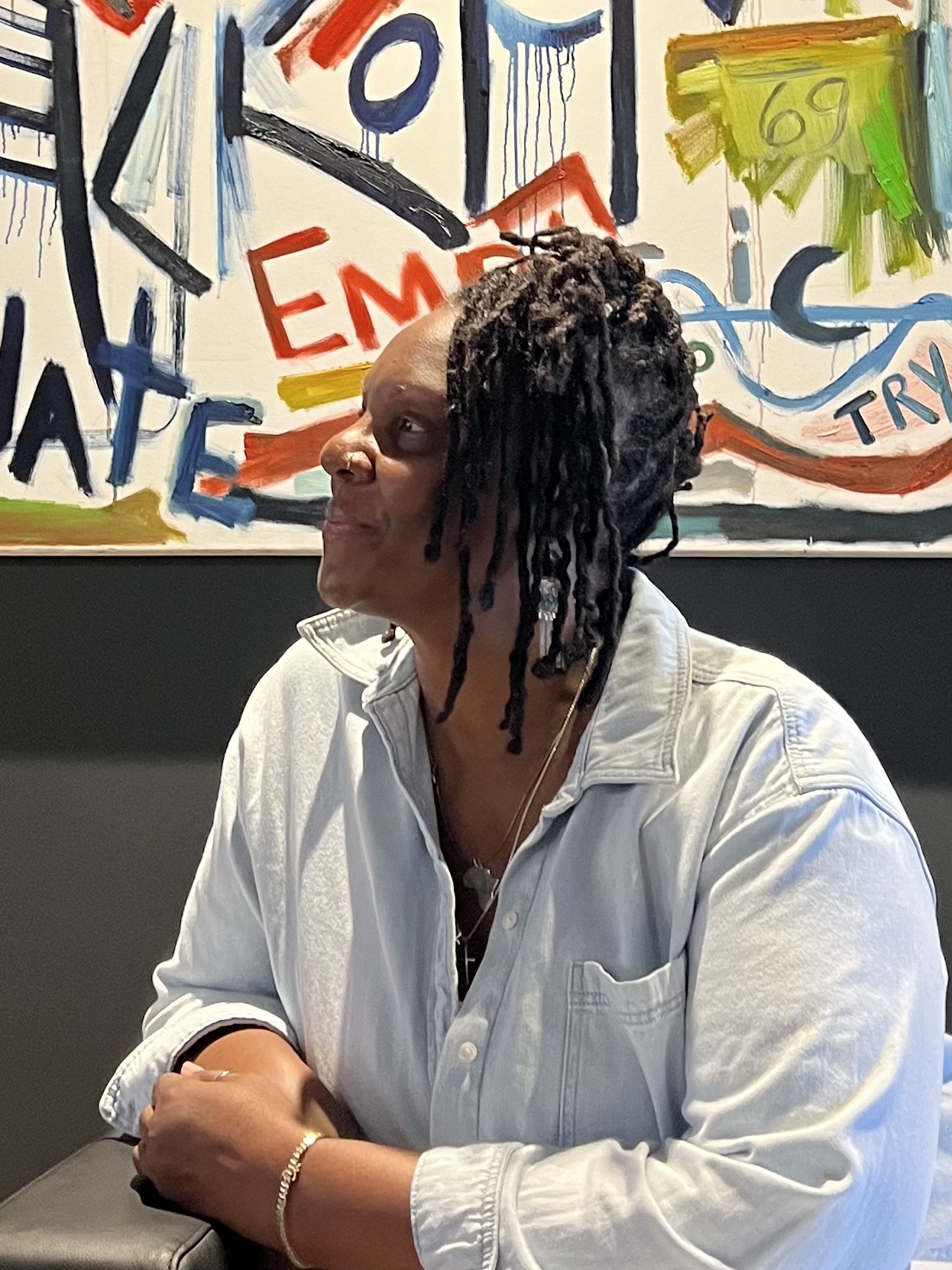
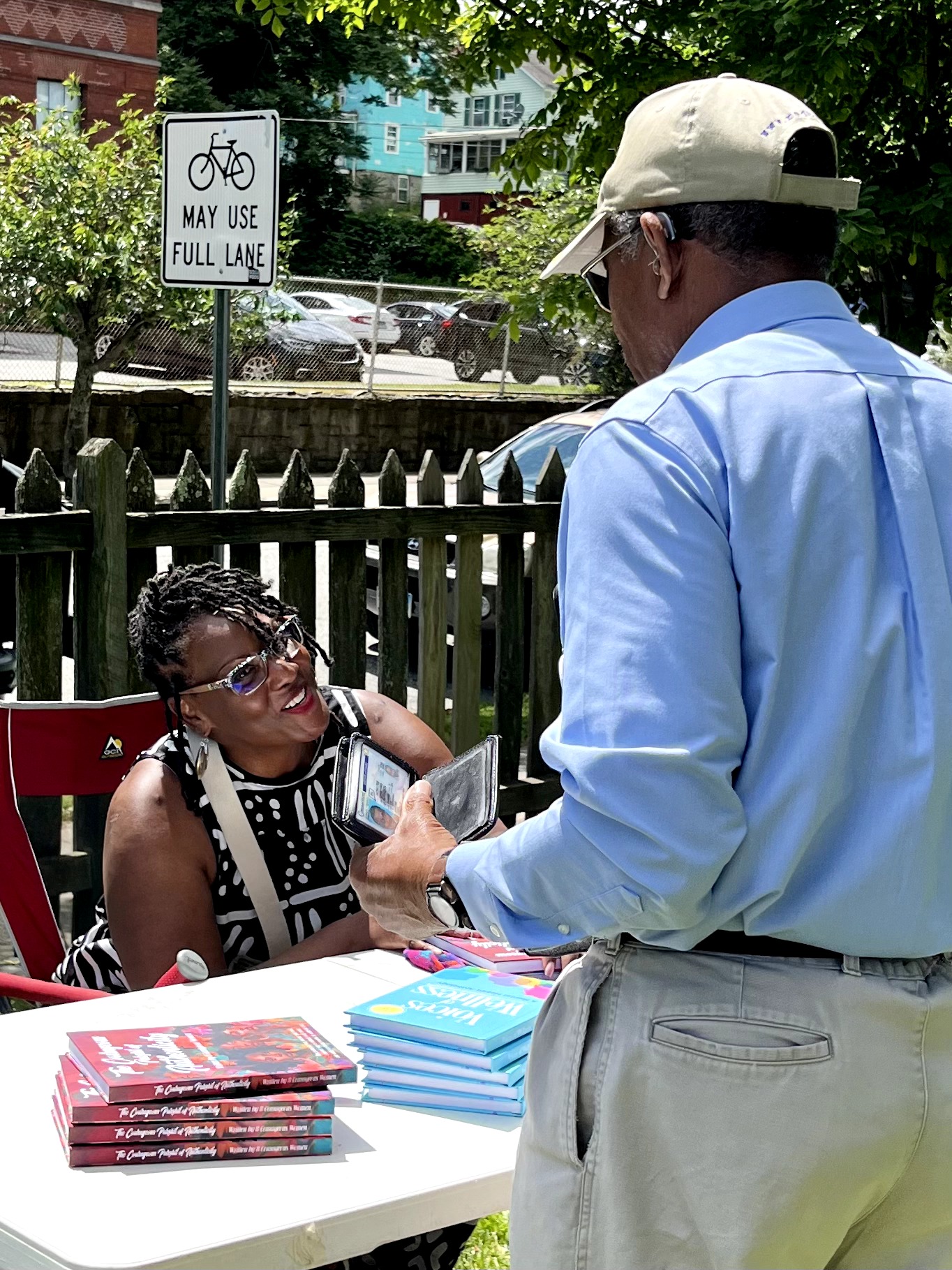
Have you ever had to pivot?
In my previous role as a coach for a nonprofit, I found myself at a pivotal moment following the murder of George Floyd. The demand for anti-racism workshops surged, and I was frequently called upon to lead these conversations—not because of formal training, but because of my lived experiences. While I was willing to share my insights, I quickly realized that my expertise was being leveraged without proper recognition or compensation. When I advocated for fair pay, I was met with resistance and workplace bullying.
Rather than remain in an environment that undervalued my contributions, I chose to take control of my own narrative. I left to build something of my own—a business rooted in authenticity, equity, and meaningful change. Now, I create spaces for real dialogue, education, and transformation on my own terms, ensuring that those who do this critical work are valued and respected.
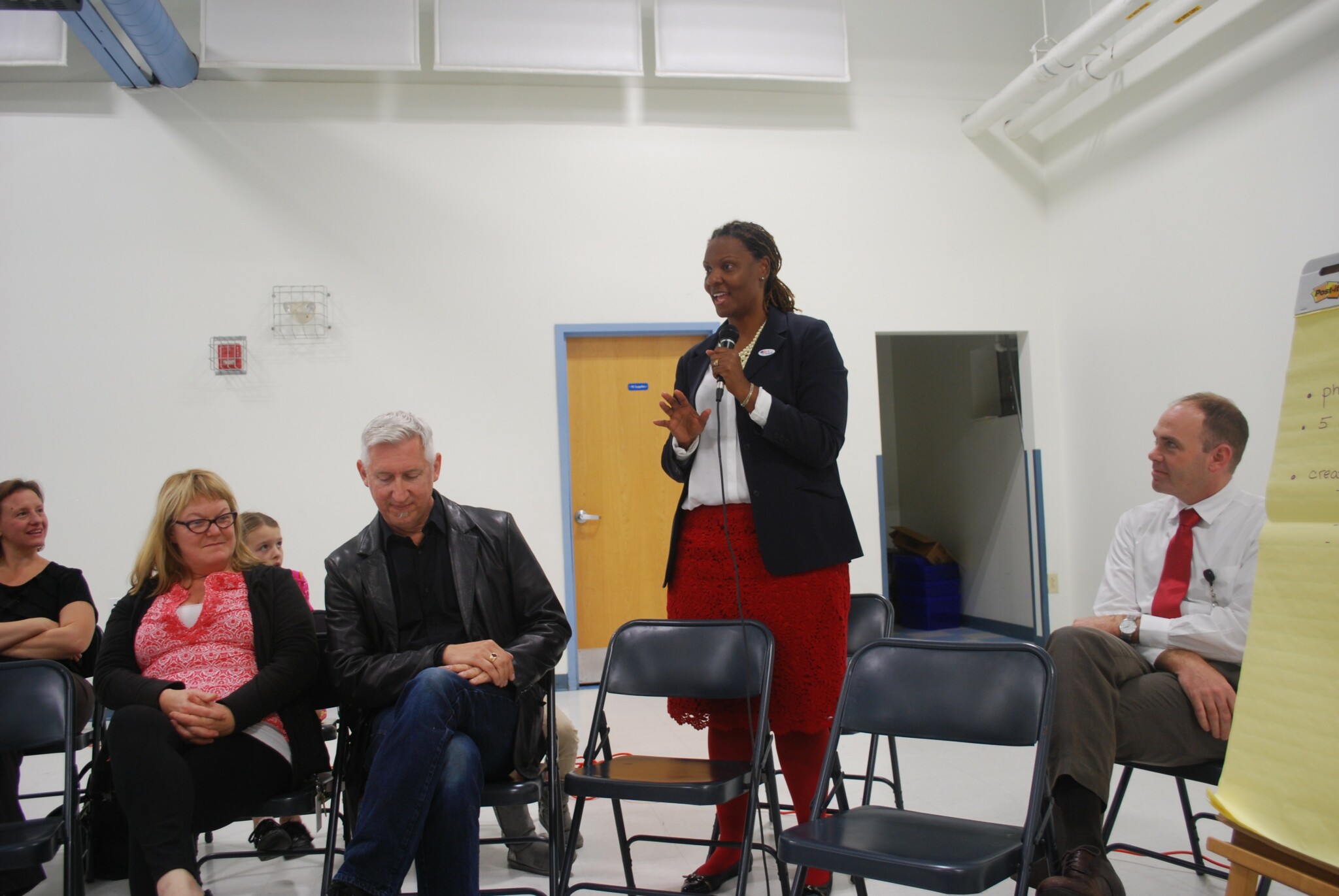
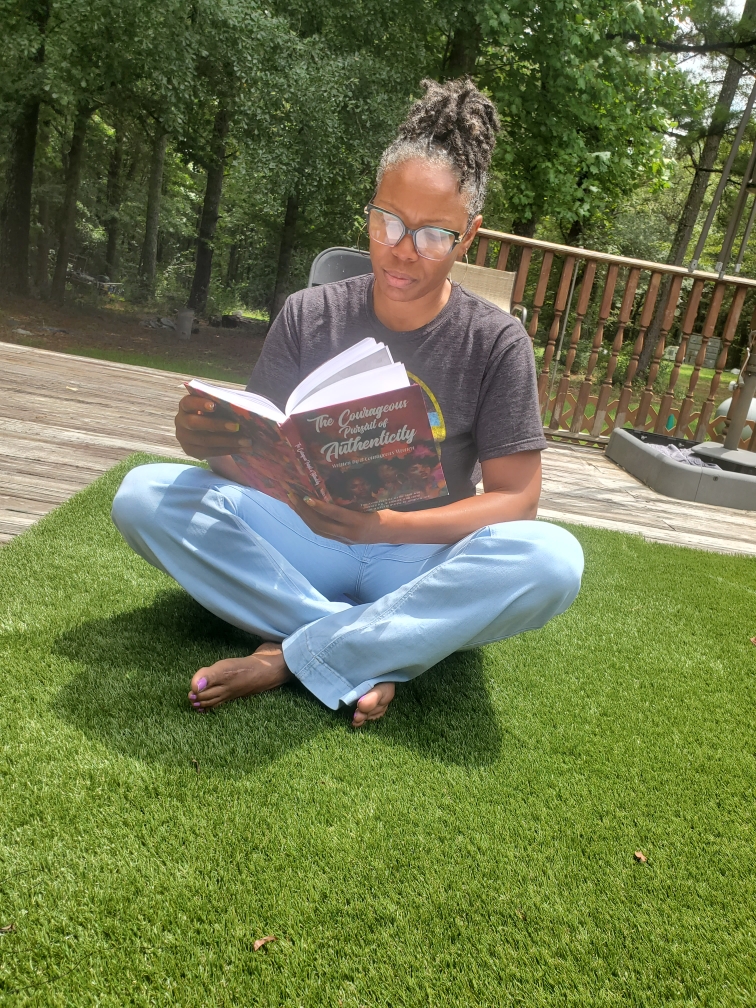
Learning and unlearning are both critical parts of growth – can you share a story of a time when you had to unlearn a lesson?
One of the most profound lessons I’ve learned is that sharing the same complexion does not always mean sharing the same commitment to dismantling systemic racism. Seeking a sense of belonging, I left New England and returned to my home state of Mississippi, expecting to be embraced by people who looked like me—many with stories similar to my own.
What I found, however, was a harsh reality: the very system I was trying to escape was alive and well in a district where 99% of the students were Black, the majority of the staff were Black, and yet the inequities persisted. The only outsider was a Teach for America recruit from Vermont, yet the root issue wasn’t race—it was class and money.
This experience reinforced my understanding that systemic oppression isn’t just about racial identity; it’s about power, access, and who gets to make decisions. It deepened my commitment to advocating for real change—one that addresses the intersection of race, class, and economic injustice in our education systems and beyond.
Contact Info:
- Website: https://care2empower.org
- Linkedin: https://www.linkedin.com/in/dr-carrie-young-mcwilliams-18b6b853
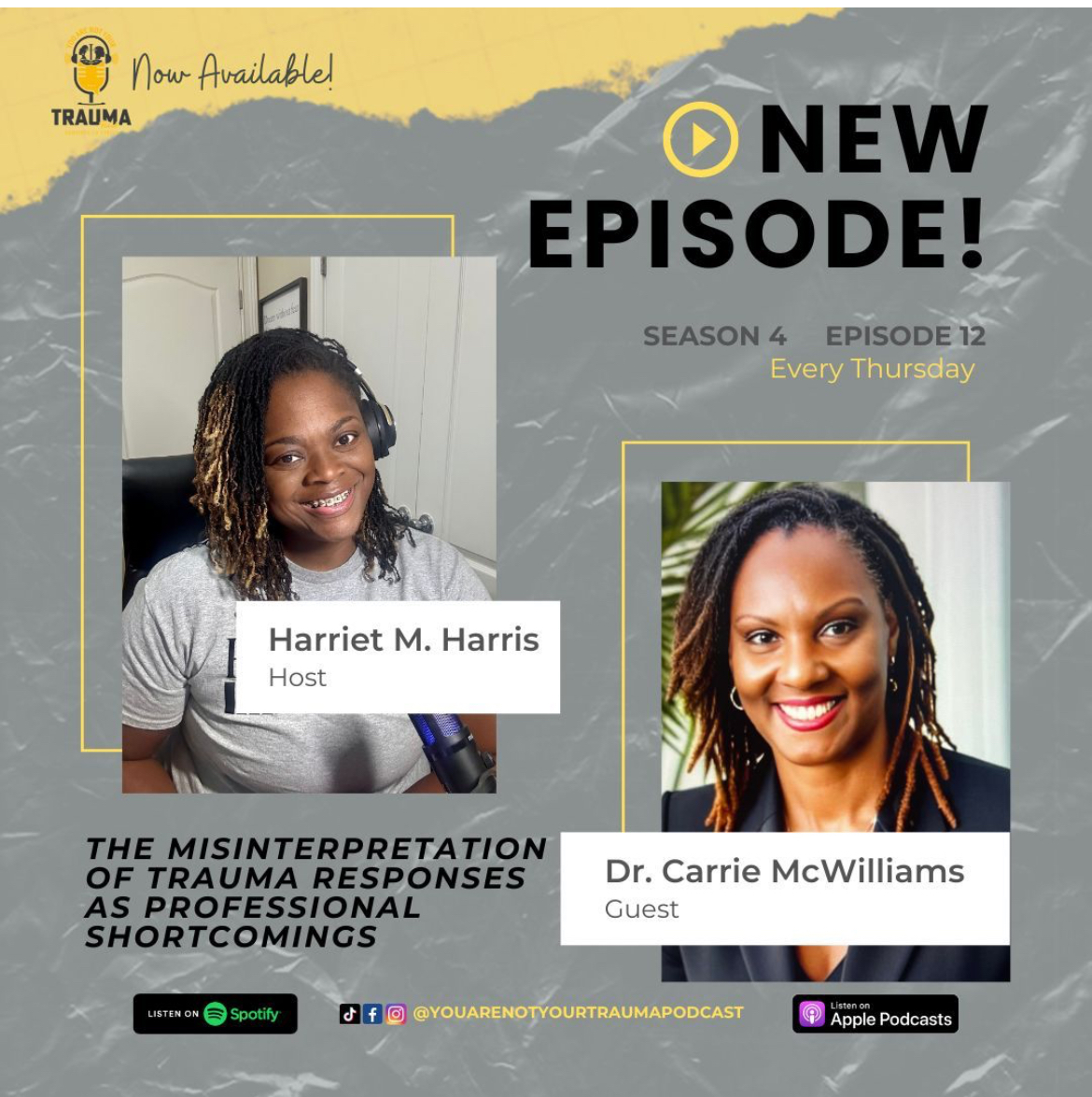
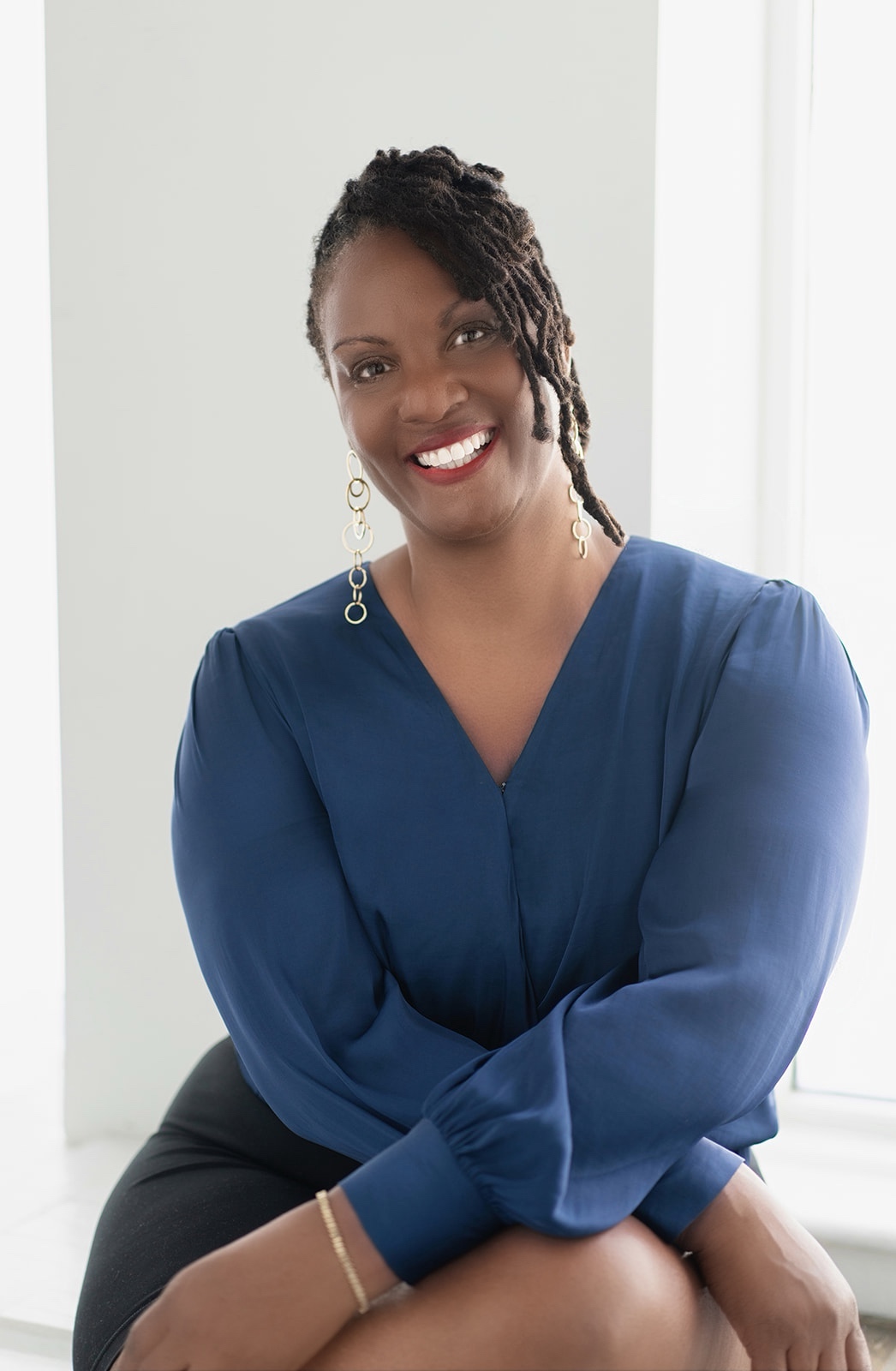
Image Credits
Carrie Roseman Studios


